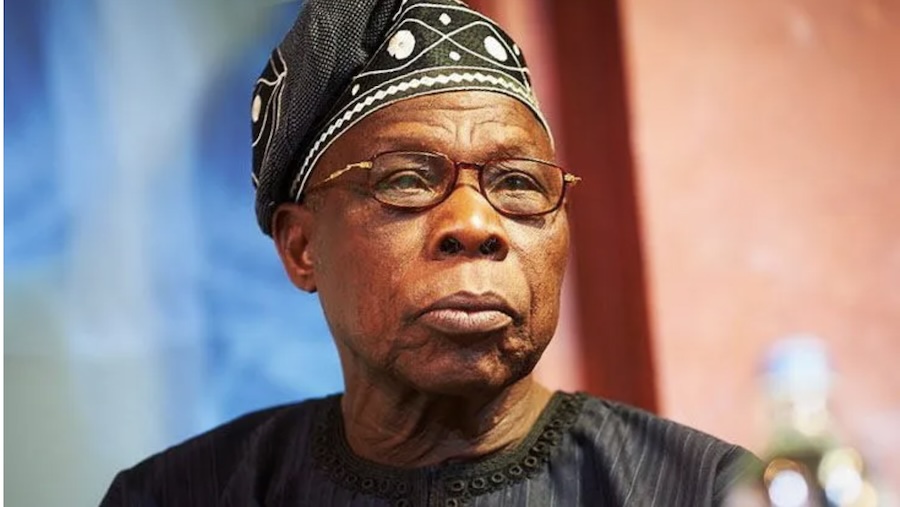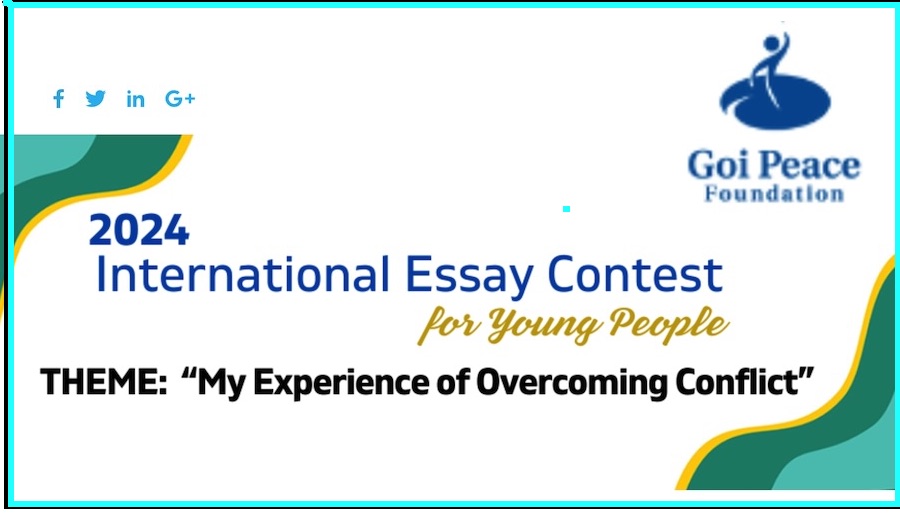. TOLERANCE AND SOLIDARITY . .
An article from The Arab American News
College campuses have become breeding grounds for pro-Palestine protests. Student protesters have continued to set up encampments at their universities and display their support for Palestinians and against Israeli aggressions. Students are also demanding that their universities divest from companies that financially support Israel.
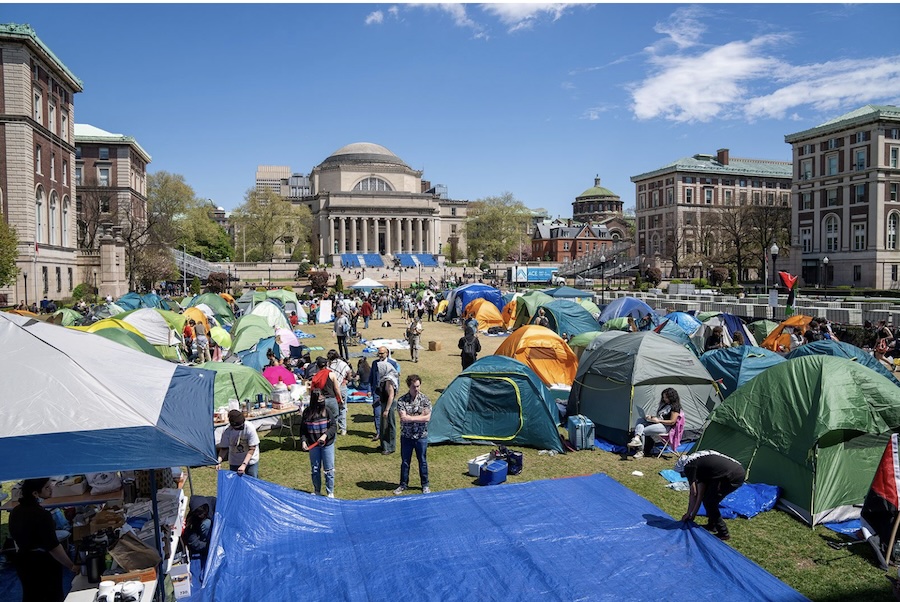
The encampment created by protesters on the Columbia University campus on Wednesday, April 24. – Photo by Reuters.
Encampments and protests have been reported at the following universities:
°Columbia University in Manhattan, New York
°The New School in Manhattan
°New York University in Manhattan
°Harvard in Cambridge, Massachusetts
°Brown University in Providence, Rhode Island
°Massachusetts Institute of Technology in Cambridge
°Tufts University in Medford, Massachusetts
°Yale University in New Haven, Connecticut
°Emerson College in Boston
°The University of Michigan
°The University of California, Berkeley
°The University of Southern California
°University of Pittsburgh
°University of Minnesota
°Ohio State University
°University of Texas at Arlington
°University of Texas at Austin
°University of Texas at Dallas
°University of Texas at San Antonio
°University of North Carolina at Charlotte
°Emory University in Atlanta
°University of New Mexico in Albuquerque
°American University in Washington
°Rice University in Houston
(Editor’s note: An article in Al Jazeera, mentions similar mobilizations in the Sorbonne University and Sciences Po of Paris, Univerities of Sydney and Melbourne in Australia, Sapienza University of Rome, and the universities of Warwick, Leicester and Leeds in England as of April 26. By May 14, according to Pressenza, similar protests have spread to 17 countries, including India, Mexico, Japan, as well as the UK, Australia and France.)
According to The Associated Press, with protests and encampments arising, universities have taken steps to extinguish tensions on campus. Columbia University shifted to remote classes, canceling in-person classes and the gates of the Harvard Yard were closed to the public. Crowds of protesters were arrested at Columbia University, New York University and Yale.
These protests have also given rise to tensions between students, with both pro-Palestinian protesters denouncing Israel and Jewish students claiming that has led to anti-Semitism, which makes them feel unsafe. Pro-Israel students have said they feel that the protests occurring at their universities are only encouraging anti-Semitic and hate speech.
According to Al Jazeera, student protesters said they are standing in “solidarity with Palestinians in Gaza”, where the death toll is now above 34,300, according to the Palestinian Health Ministry.
Columbia’s University president, Minouche Shafik, released a statement to the school community regarding the protests and shared that she felt “deeply saddened” by it all.
“To deescalate the rancor and give us all a chance to consider next steps, I am announcing that all classes will be held virtually on Monday,” Shafik wrote, also adding that the students who live off campus shouldn’t come to campus.
Pro-Palestinian Columbia students file civil rights complaint
Palestine Legal filed a civil rights complaint against Columbia University this week through the U.S. Department of Education, demanding the agency’s Office for Civil Rights investigate the school’s treatment of Palestinian students and allies.
The complaint goes beyond the events of the last week, when the NYPD arrested more than 100 protesting students. It alleged that for the past months, “Palestinian students, Arabs, Muslims, students perceived to be Palestinian and students associated with or advocating for Palestinians” were subject to anti-Arab and anti-Palestinian harassment and Islamophobia.
The complaint represents four students and Columbia’s Students for Justice in Palestine. Palestine Legal said these students received death threats and were “harassed for wearing keffiyehs or hijab, doxed, stereotyped, being treated differently by high-ranking administrators, including Columbia University President Minouche Shafik.”
Palestine Legal also said the school has the responsibility to protect its students, including Palestinians and supporters, and should not threaten or call the police or military. Columbia has denied threats to call the National Guard were ever on the table in negotiations with protesters.
“Since October 7 alone, the organization has received reports of over 1,800 incidents, over five times the number we received in all of 2022, reflecting an exponential rise in anti-Palestinian repression across the U.S.,” Palestine Legal wrote in a press release.
With protests at Harvard, a sign stated that Harvard Yard was closed to the public, only allowing structures, tents and tables onto the yard with prior permission. Security guards were also checking student IDs.
“Students violating these policies are subject to disciplinary action,” the sign read.
The university’s administration suspended the Harvard Undergraduate Palestine Solidarity Committee, according to reports. The suspension notice stated that the committee’s demonstration on April 19 had violated school policy and that committee members did not attend required trainings following a previous probation.
The Palestine Solidarity Committee said in a statement that it was suspended over technicalities and that the university hadn’t provided written clarification on the university’s policies when asked.
“For months, we have been disproportionately targeted by the administration on the grounds of technicalities that we tried to observe vigilantly in the interest of protecting student safety,” the group said in a statement sent to The Middle East Eye.
About 45 protesters at Yale University were arrested and charged with trespassing, according to Officer Christian Bruckhart, a spokesperson for New Haven Police Department. All protesters were let go on promises they would appear in court, he said, in an AP News report.
Protesters assembled tents on Beinecke Plaza at Yale and called for their university to action to divest from defense companies tied to Israel.
Yale President Peter Salovey said in a statement to the school on Monday that police officers gave protesters “several opportunities to leave and avoid arrest”, adding that he felt “deeply saddened that the call for civil discourse and peaceful protest (he) issued” was not recognized or listened to, referring to the previous email he sent Sunday, according to The Yale Daily News.
MIT graduate student Prahlad Iyengar was one of the student protesters who participated in the encampment on that campus Sunday night.
“MIT has not even called for a ceasefire, and that’s a demand we have for sure,” Iyengar said in an AP News report.
Several dozen protesters arrested at Emory University
Thursday morning, an Emory University spokesperson said several dozen protesters “trespassed” into Emory’s campus to set up tents on the school’s quad.
“The activists who initially gathered were not recognized as members of our community and were disrupting the university as our students finish classes and prepare for finals,” a statement read.
Members of the Emory community later joined the initial group, according to the spokesperson.
Pro-Palestinian protesters clashed with police at the Georgia university on Thursday. Police used pepper spray and pepper balls to clear the area of demonstrators, a CNN team on the scene reported.
The statement said “a couple dozen people” were taken into custody after the Emory Police Department notified them they were trespassing and the people refused to leave.
On Thursday, a group of Democratic Georgia state lawmakers condemned the “excessive force used by Georgia State Patrol” during arrests at Emory University.
“The use of extreme anti-riot tactics by Georgia State Patrol, including tasers and gas, is a dangerous escalation to protests which were by all accounts peaceful and nonviolent,” Georgia State Rep. Ruwa Romman, a Democrat who is also Palestinian, posted on social media in a statement co-signed by 10 other legislators.
(continued in right column)
Question related to this article:
Presenting the Palestinian side of the Middle East, Is it important for a culture of peace?
(continued from left column)
The group blamed Georgia leaders and said they have created an environment where “state police feel free or perhaps are directed— to respond to normal peaceful protests with violence.”
“We cannot allow this dangerous repression to continue,” they continued in the statement. “Regardless of one’s views on this or any other issue, there is no justification for this kind of excessive force. We call on all state officials to immediately deescalate and prevent further harm to our constituents.”
The ACLU of Georgia also said on Thursday it was concerned about law enforcement’s response to the protests.
“The freedom to protest without retribution is essential to our democracy,” the organization said in a statement. “Atlanta has historically been a place where citizens could freely exercise their rights to protest, but we have unfortunately seen a series of unconstitutional crackdowns on speech and protest across Georgia in recent years. Colleges and universities should be places where viewpoints, expression, debate and free speech are encouraged, not suppressed.”
USC cancels its main commencement ceremony
The University of Southern California canceled its main commencement ceremony for 2024 graduating students in May, citing “new safety measures in place.”
“We understand that this is disappointing,” the university said in an announcement on its website.
The announcement came days after the university canceled the commencement speech of its Muslim valedictorian, Asna Tabassum, due to what it called security concerns. USC then canceled appearances by prominent speakers and honorees at the May 10 graduation ceremony.
Encampment forms at University of California, Los Angeles
On Thursday, a “demonstration with encampments” formed at the University of California, Los Angeles, (UCLA) in Royce Quad, the university said in a campus activity update.
“We’re actively monitoring this situation to support a safe and peaceful campus environment that respects our community’s right to free expression while minimizing disruption to our teaching and learning mission,” the update read.
Students for Justice in Palestine at UCLA posted on Instagram an invitation for others to join and said, “WE ARE STAYING UNTIL OUR DEMANDS ARE MET! BE HERE!
“We camp in solidarity with Palestine. We refuse to be complicit in this genocidal campaign,” the post read.
Pro-Palestinian encampment forms at George Washington University
George Washington University has joined a growing list of schools across the nation where Pro-Palestinian demonstrators are forming encampments on school campuses, according to videos posted by the GW Hatchet student newspaper.
Students at multiple universities across the District of Columbia, Maryland and Virginia organized the encampment, a group representing the coalition of Students for Justice in Palestine said in a post on Instagram.
The encampment is a “united demonstration of our power, uplifting our collective demands for financial transparency, boycotts and divestment from the Zionist state, and an end to the racist repression pro-Palestine students,” the post read.
Netanyahu condemns U.S. universities’ campus protests as “anti-Semitic”
On Wednesday, Israeli Prime Minister Benjamin Netanyahu denounced the pro-Palestinian protests on U.S. university campuses as “horrific” and “anti-Semitic”, calling for them to end.
“It has to be stopped. It has to be condemned and condemned unequivocally,” Netanyahu said in a video message on X.
““The response of several university presidents was shameful.””
Netanyahu added that while some officials have responded differently, “more has to be done” in response to the demonstrations.
Netanyahu said that a rise in anti-Semitism in the U.S. “has terrible consequences.”
More people around the world believe he and his right-wing government are the reasons for the rise of anti-Israeli apartheid, which he wrongly attributes it as “anti-Semitism.”
Iran’s foreign minister slams police response to protests
On Thursday, Iran’s Minister of Foreign Affairs Hossein Amir-Abdollahian expressed “deep concerns” over the police response to pro-Palestinian protests on U.S. university campuses.
Amir-Abdollahian criticized the “suppression and harsh treatment” of professors and students by police in a post on X.
“This suppression is in line with Washington’s full-fledged support for the Israeli regime and clearly demonstrates the U.S. government’s double standards and contradictory behavior regarding freedom of speech,” Amir-Abdollahian posted.
House Speaker Mike Johnson calls on Columbia’s president to resign
House Speaker Mike Johnson called on Columbia University President Nemat “Minouche” Shafik to resign during a tense press conference Wednesday.
The crowd repeatedly interrupted the speaker and booed him and other GOP lawmakers who were with him as they stood at the mics.
“We just can’t allow this kind of hatred and anti-Semitism to flourish on our campuses, and it must be stopped in its tracks,” Johnson said. “Those who are perpetrating this violence should be arrested. I am here today, joining my colleagues and calling on President Shafik to resign if she cannot immediately bring order to this chaos.”
On Wednesday, the Columbia University Board of Trustees released a statement saying they strongly support President Shafik.
“The Columbia University Board of Trustees strongly supports President Shafik as she steers the university through this extraordinarily challenging time,” the board said in a statement Wednesday. “During the search process for this role, President Shafik told us that she would always take a thoughtful approach to resolving conflict, balancing the disparate voices that make up a vibrant campus like Columbia’s, while taking a firm stance against hatred, harassment and discrimination. That’s exactly what she’s doing now.”
The board said it is “urgently working” with Shafik to resolve the unrest on campus and “rebuild the bonds of our community.”
Here are the developments at several universities as of Thursday evening (April 25):
°University of Southern California: USC canceled its main commencement ceremony for 2024 graduating students in May, citing “new safety measures in place.”
°Emory University: At least two professors were detained during protests on campus. CAIR’s Georgia chapter has condemned the arrests and the NAACP in Georgia has called for a meeting with the university’s president.
°Northeastern University: An encampment has been formed and dozens of protesters have formed a human chain around tents.
°City College of New York: The NYPD says it no longer plans to clear the encampment Thursday afternoon.
°George Washington University: An group of Pro-Palestinian demonstrators has started an encampment on campus representing students from the District of Columbia, Maryland and Virginia, organizers and the university confirmed.
°Emerson College: More than 100 people were arrested and four police officers were injured Wednesday at Emerson college in Boston during a pro-Palestinian protest, according to the Boston Police Department.
°Columbia University: House Speaker Mike Johnson called on Columbia’s president to resign if she cannot bring order to the campus. While most protests have been non-violent, some Jewish students are worried for their safety, with one Jewish student saying “the anti-Semitic comments and activity is running rampant.” Negotiations between protesters and Columbia officials about clearing the encampment on its lawn were extended early Wednesday morning for another 48 hours.
°University of Southern California: Police arrested nearly 100 protesters at the University of Southern California after a dispersal order.
°University of Texas at Austin: Following tense resistance, the Texas Department of Public Safety said that 57 arrests had been made by law enforcement on the campus. A Fox 7 photographer was among those arrested amid the heated clashes, the news outlet said in a report. The tally is an overall number of people booked in association with the protest. “We don’t classify arrestees by whether or not they’re students at the university,” Kristen Dark, a Travis County Sheriff’s office spokesperson told CNN.
°Cal Poly Humboldt: The California State Polytechnic University, Humboldt campus will remain closed through the weekend as protesters, including “unidentified non-students,” continue to occupy two buildings, school officials said in an update.
– – – – – –
If you wish to make a comment on this article, you may write to coordinator@cpnn-world.org with the title “Comment on Gala of Solidarity” and we will put your comment on line. Because of the flood of spam, we have discontinued the direct application of comments.
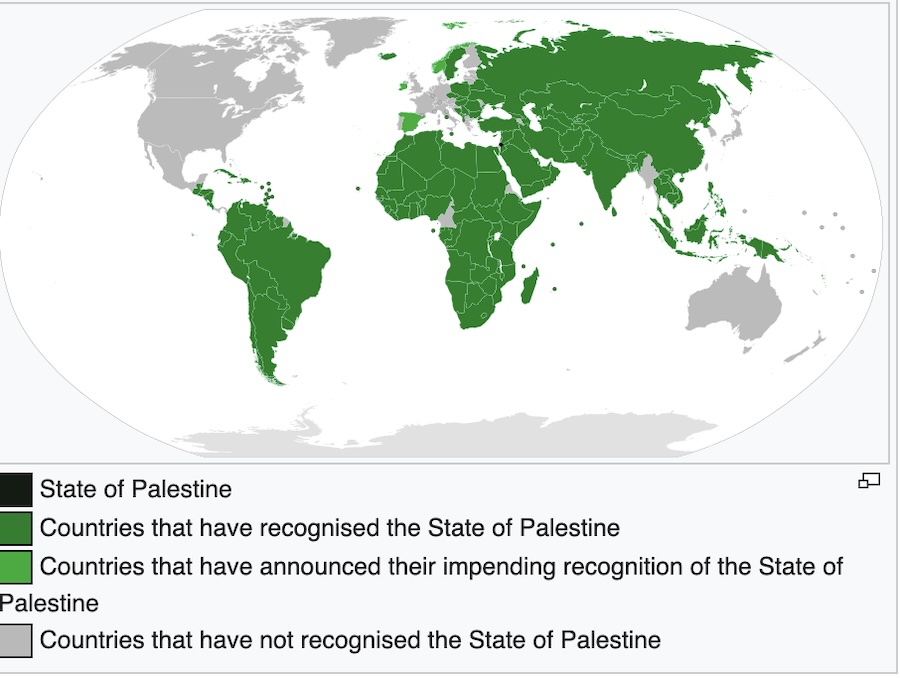
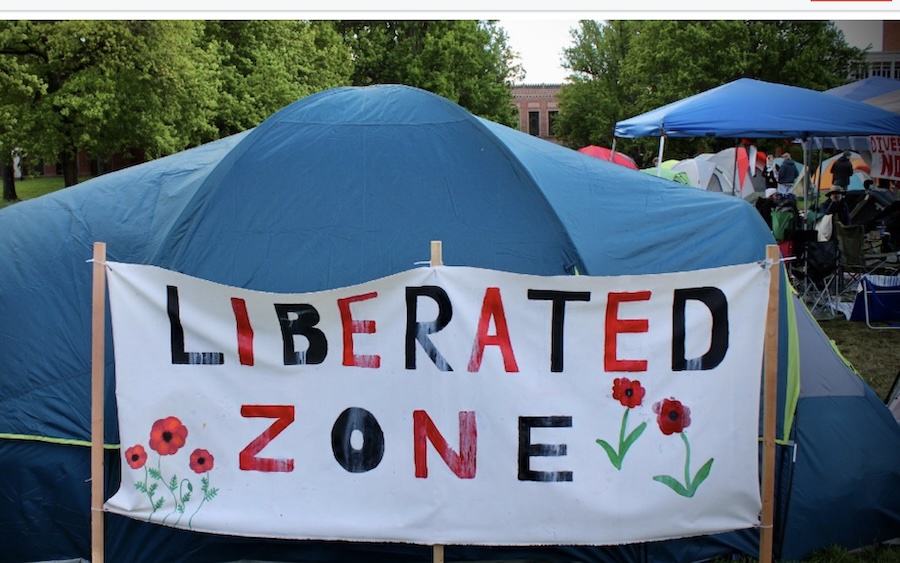
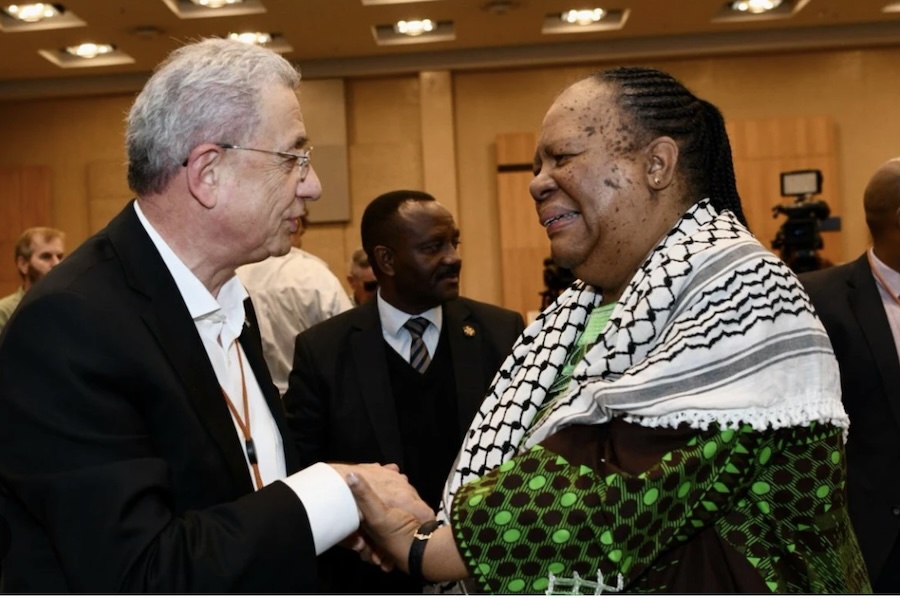

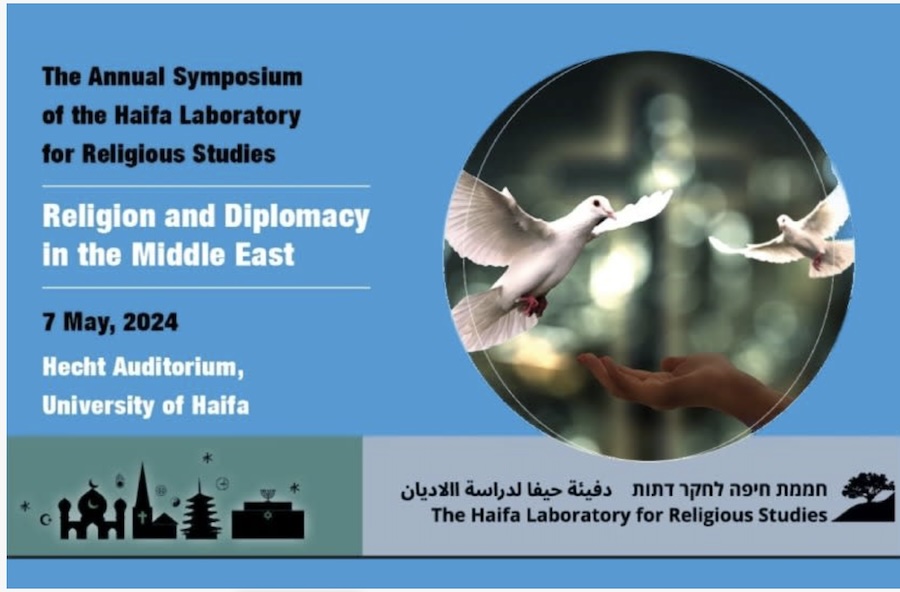
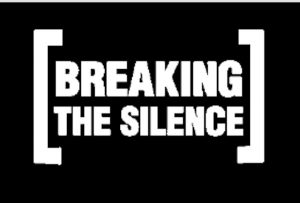
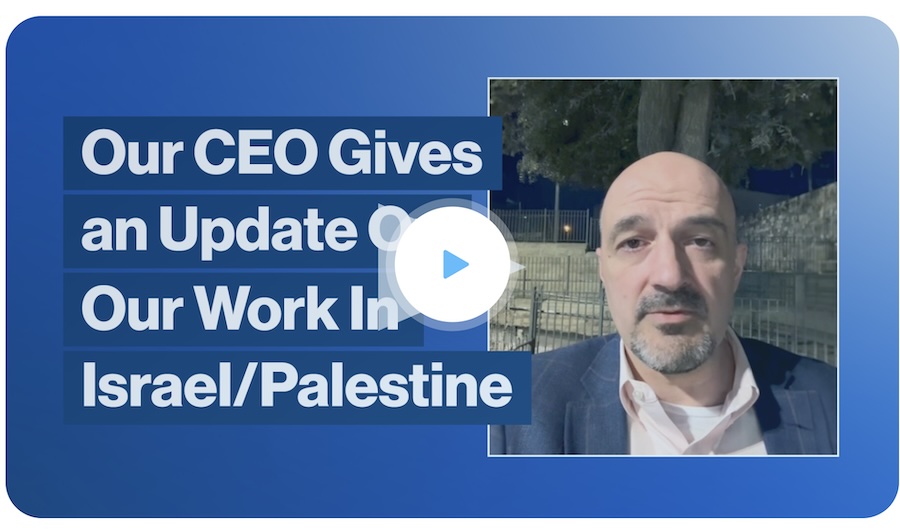 Video 5. Click on image to see the video
Video 5. Click on image to see the video